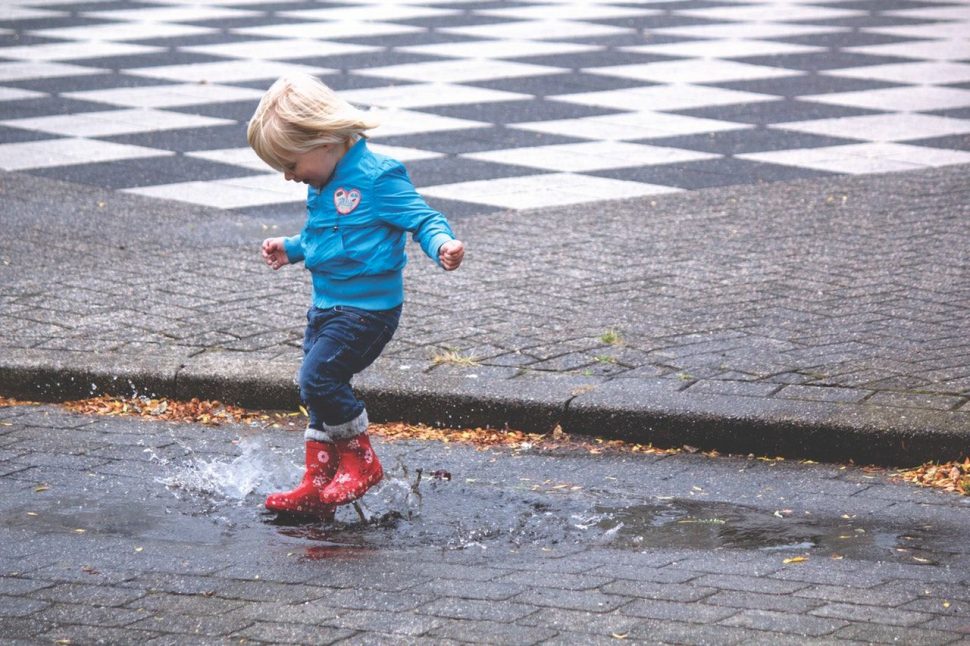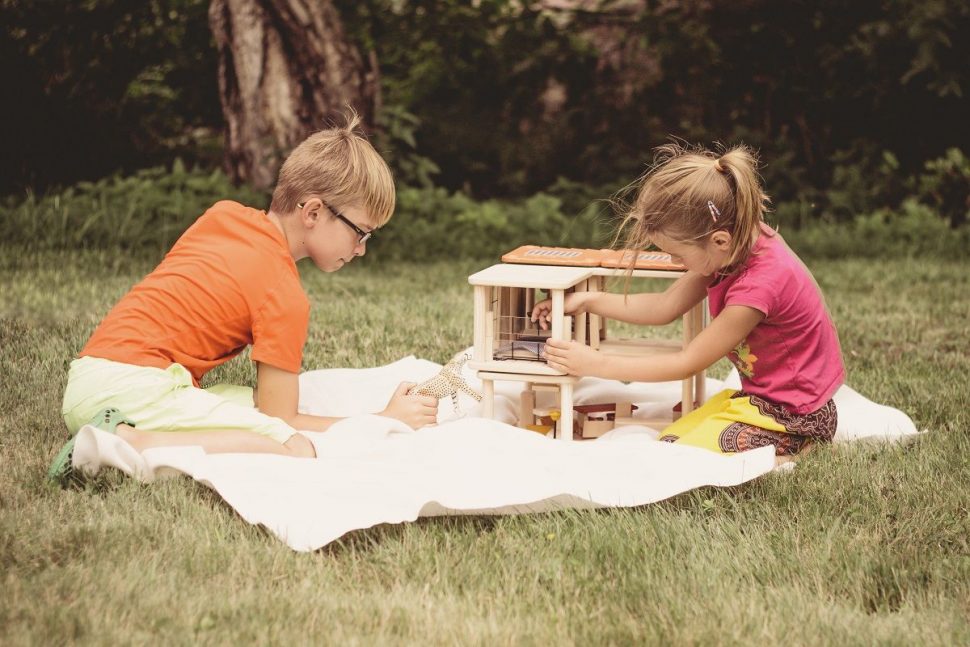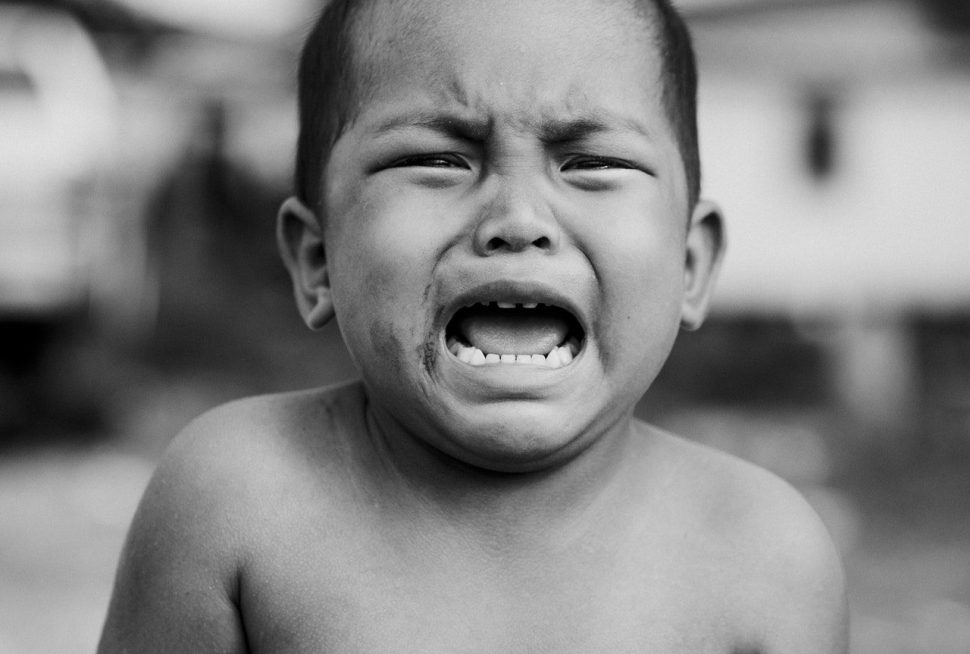
Citizens of the World
In this new year, help your child on their path to global citizenship.
Read more
In this new year, help your child on their path to global citizenship.
Read more
So much of what we discuss here on this blog – and in Montessori in general – focuses on the child: studying, understanding and responding to their needs. However, what of the other side of the conversation: the parents, and other adults in the child’s life?
Read more
In Montessori, we believe in each child’s innate goodness, their potential for peace and grace. How do we approach the small child who is anything but – the child who hits and hurts others?
Read more
“Children should be seen, not heard” is a proverb dating more than five centuries ago, yet it is an attitude many of us still subscribe to today. What to do with the child who, in their need to be heard, is willing to shout and fight?
Read more
This week, we take a break from the Communication Series to consider some of the most wonderful educational materials that Mother Nature provides our children.
Read more
How to best encourage a loving and harmonious relationship between siblings is one of the most pressing questions for many parents of multiples.
Read more
Screaming, stomping, angry tears and tantrums – no parent’s favourite thing, but a part of raising a child, nonetheless. What Montessori lessons can we apply to managing tumultuous emotions in a child?
Read more
The story of humanity is a story of compromise and cooperation: each of us adjusting our behaviour in order to live in harmony. We learn to do so, first and foremost, in childhood, from our parents.
Read more
The vast majority of urgent questions we receive – often from desperate, at-wits’-end parents – are all to do with communication with the child. How do we make ourselves understood? And how do we understand what the child is, with equal urgency, trying to tell us?
Read more